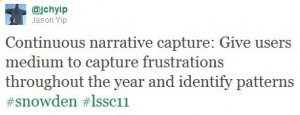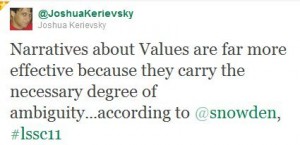from www.newyorker.com/business/currency/the-open-office-trap
the open office, flourishes: some seventy per cent of all offices now have an open floor plan.
…. a growing body of evidence suggests that the open office undermines the very things that it was designed to achieve.
…. In 2011, the organizational psychologist Matthew Davis reviewed more than a hundred studies about office environments. He found that, though open offices often fostered a symbolic sense of organizational mission, making employees feel like part of a more laid-back, innovative enterprise, they were damaging to the workers’ attention spans, productivity, creative thinking, and satisfaction. Compared with standard offices, employees experienced more uncontrolled interactions, higher levels of stress, and lower levels of concentration and motivation.
….Physical barriers have been closely linked to psychological privacy, and a sense of privacy boosts job performance.
….the ability to control the environment had a significant effect on team cohesion and satisfaction.
….An open environment may even have a negative impact on our health.
….noise has been repeatedlytied to reduced cognitive performance. The psychologist Nick Perham, who studies the effect of sound on how we think, has found that office commotion impairs workers’ ability to recall information, and even to do basic arithmetic. Listening to music to block out the office intrusion doesn’t help: even that, Perham found, impairs our mental acuity.
….it seems that the more frantically you multitask, the worse you become at blocking out distractions.



